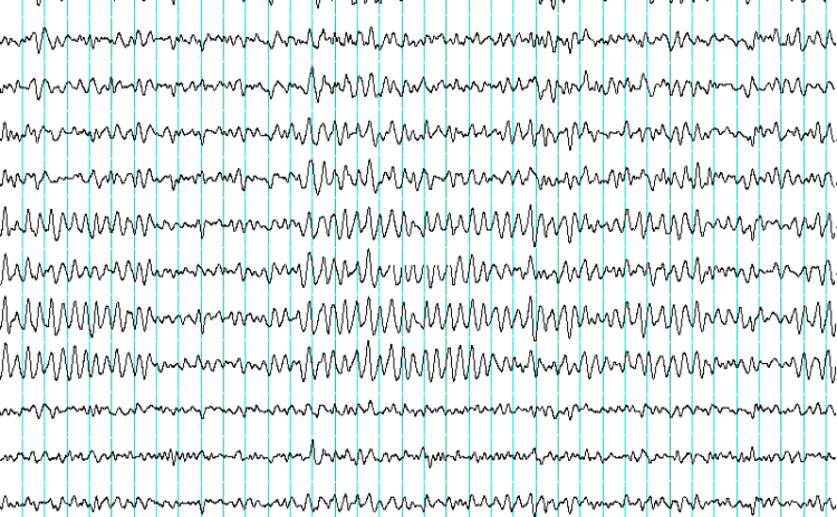
This archived news article is over 5 years old.
Pediatric EEG May Help Physicians Detect Brain Abnormalities Before Symptoms Begin
Joanna Lawrence
4th October, 2016


Joanna Lawrence
4th October, 2016
